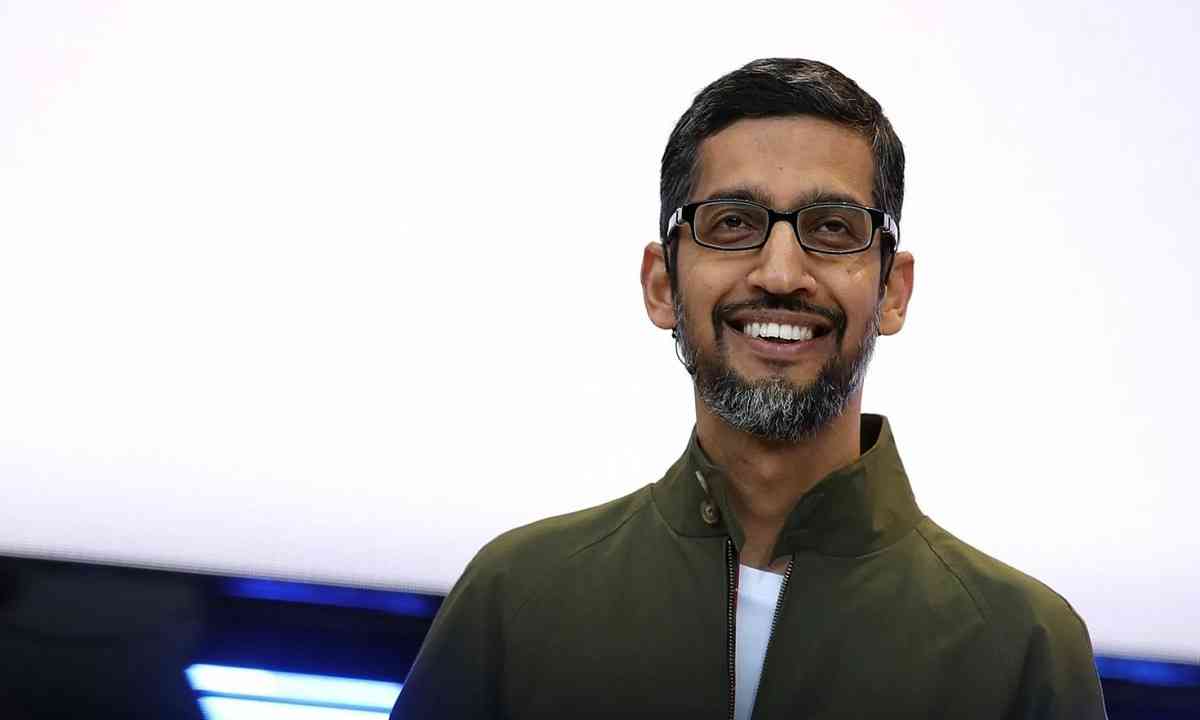In a recent interview, Google CEO Sundar Pichai stated that he is not surprised by the relatively muted response to Google's artificial intelligence chatbot Bard, which was developed to compete with OpenAI's ChatGPT, and that updates are on the way.
"I think we sort of put a changed Urban in a race with vehicles with more power," says the creator. On the New York Times' Hard Fork web recording, Pichai remarked, "And what shocked me is the manner by which well it does on many, many, many classes of inquiries."
"However, we are going to train quickly. We clearly have models that are better. We will soon upgrade Bard to some of our more powerful PaLM models, possibly as soon as this goes live. As a result, you will see progress over the course of the following week."

Pichai stated that rather than focusing on being first or the perception of "losing" in the ongoing AI race, Google wanted to get more complex models right before introducing Bard.
Analysis that simulated intelligence is moving too quick or that Google is falling behind makes a sensation of "whiplash" for Pichai, and he said Google is focusing on security and obligation as Versifier creates. However, Google has received internal and external criticism for its haste and the fact that an early Bard demonstration contained at least one factual error.

Pichai stated that "a limited number of trusted testers" have begun testing the integration of Bard into other products like Gmail. It would assist with doing things like compose drafts of messages when incited with data about tone and topic.
He also talked about the recent, widely circulated letter that called for a six-month pause in the development of AI systems that were more advanced than OpenAI's GPT-4 and was signed by hundreds of people in the tech industry, including Elon Musk.
Pichai stated, "I think there is merit to be concerned about it." So I think while I may not concur with all that is there in the subtleties of how you would go about it, I think its soul merits being out there."
However, Pichai stated that a pause is practically impossible to achieve without the involvement of governments, as there is no assurance that other AI developers will follow suit even if Google or OpenAI commit to halting development. However, he acknowledged the necessity of regulations and referred to the letter as a "conversation starter."
He stated, "AI is too important to not regulate." It's also too important to not properly regulate. So I'm happy these discussions are in progress."
According to Pichai, existing privacy regulations in industries like health care that will be affected by AI will assist in the development of new AI regulations in other industries.
Additionally, he stated that because AI will affect so many people, it is more likely that a wider range of individuals will be concerned about properly regulating it once it begins to affect them.
He stated that he is certain that the majority of people's AI-related concerns will be addressed.
Am I worried? "Yes," Pichai replied. Am I excited and optimistic about this technology's potential? Incredibly. We've been working on this for a long time, I suppose. However, the fact that so many people are concerned gives me hope that we will eventually rise to the occasion and take action.
©️ Vygr Media Private Limited 2022. All Rights Reserved.





















